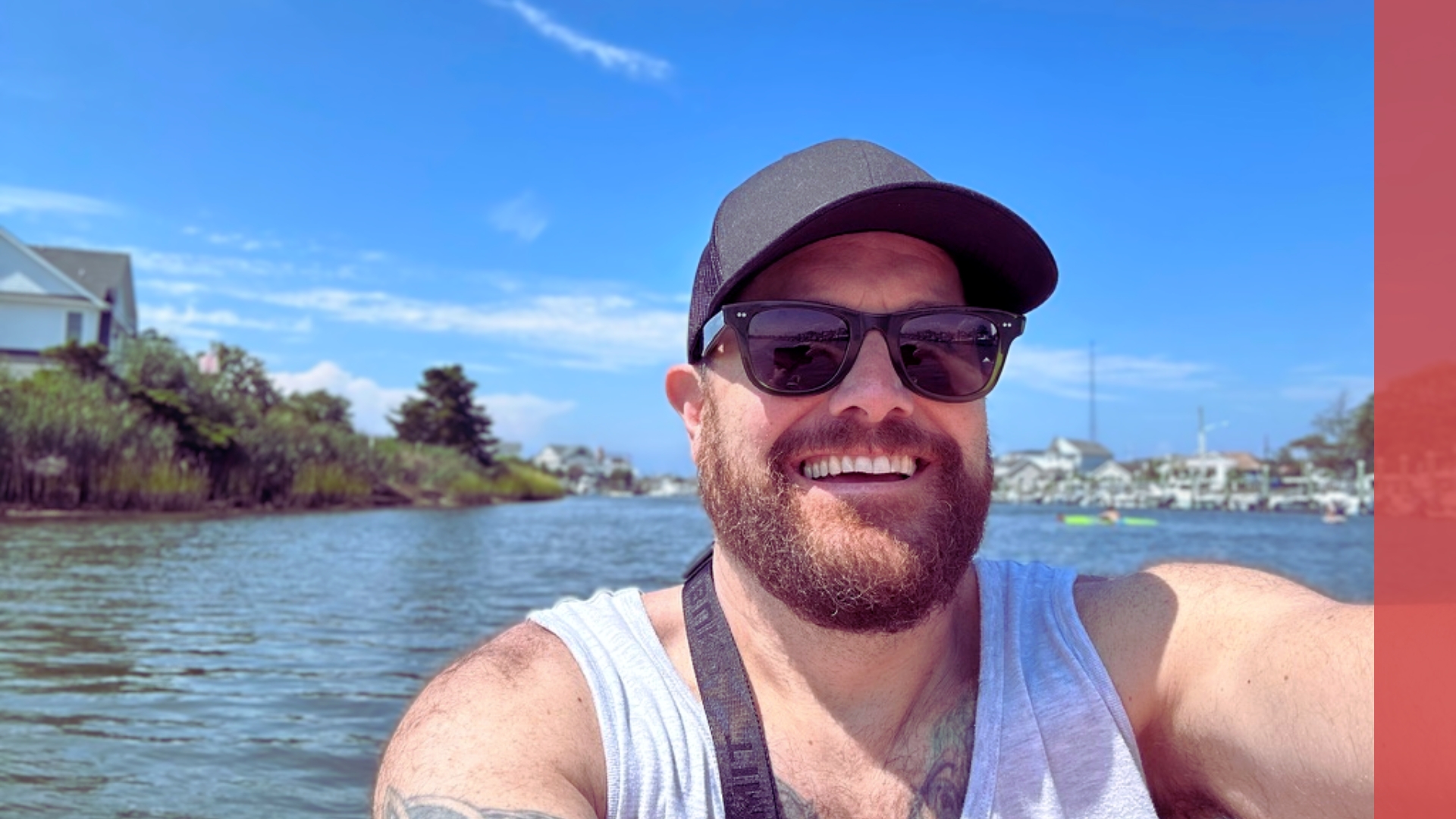In business, and in life, there are times that may seem like we are stagnant, with little progress or direction. We may feel bored, tired or uncertain about what we want from life.
Conversely, there will be times when we’re overwhelmed, surrounded by chaos and we’re one or two missteps away from the wheels falling off.
And then there are times when we’re busy, but our focus is unwavering. We’re highly motivated, everything is running smoothly, and life feel great.
I used to think that as an entrepreneur, it was my job to always operate in this latter state, but the reality is that we will dance between all three.
And thats OK.
In fact, in order to be successful and fulfilled in life, I would argue that we need to experience them all at different moments.
Let me explain.
When we rest for any length of time, we quickly become bored. But from this boredom comes the space to think and be creative. This creativity fuels inspiration, leading to ideas and a desire for growth.
Yes, chaos will follow, as it’s a natural byproduct of growth, but this is where discipline and focus become critical, allowing us to find stability amidst the turbulence.
When we can find focus, chaos subsides and yields to meaningful progress.
Rest and boredom are the natural outcomes of stability, and the cycle repeats (at least for me).
Moving through these steps come with their own challenges but two consistent skills have always helped me.
The Power of Awareness
The first is developing the awareness to recognize where you’re at. Routine self-check-ins and reflection help build this muscle and I’ve found that creating space on a recurring basis to write, take notes, or simply list my daily accomplishments are essential.
I also like to pair this with a larger goal-planning session for the coming year, ideally in early December. During this session, I not only plan for the upcoming year but also reflect on the previous one to see where my energies were spent.
By combining these micro and macro perspectives, we gain a clearer understanding that everything in life is impermanent. In moments of depression, fear, doubt, or anxiety, this awareness makes it easier to recognize that we won’t always remain in that state.
Developing this awareness is crucial for another reason: it allows us to lean into the present moment. Sometimes, it’s important to recognize that the season calls for hard work and extra effort. Other times, it requires acknowledging the need to recharge, sort through the chaos, and find some semblance of structure and order.
Cultivating Discipline
The second skill that supports this cycle of Rest, Inspiration, and Focus is cultivating the discipline to push yourself beyond your current state.
Rest is essential, and most high-performing individuals, myself included, would benefit from incorporating more of it into our lives. However, there comes a point when it’s time to ‘get back to work’—even if we’re not entirely sure what that work is.
It’s time to get inspired, explore new ideas, chase a little curiosity, and intentionally put yourself out there in new ways.
Moving from inaction to action is challenging—it can be daunting, scary, and overwhelming, especially after a period of rest. I’ve learned that the easiest way to break through this inertia is to take any small action that helps you get started.
It doesn’t need to be grandiose; creating a task list, attending an event, or picking up a book on something that interests you can be enough to build momentum.
From these small steps, tiny momentum leads to significant action.
As we start building, exploring ideas, and taking on bigger tasks, chaos inevitably follows.
We combat this disorder by creating systems.
Systems help us overcome the real villain — our ego.
Our ego resists documenting tasks that we do more than once.
Our ego convinces us that no one else can do the job as well as we can (pro tip: aim for 80% as good).
Our ego thrives when there are fires, and we believe that we’re the only ones who can extinguish them.
Our ego loves the chaos.
So, how do we overcome it?
My advice is simple - find a system that works for you right now and stick with it. It’s less important which system you choose; what matters is having one.
Systems are the foundation of developing focus, stability, and ultimately, the space to recognize when it’s time to recharge, rest, and repeat.
